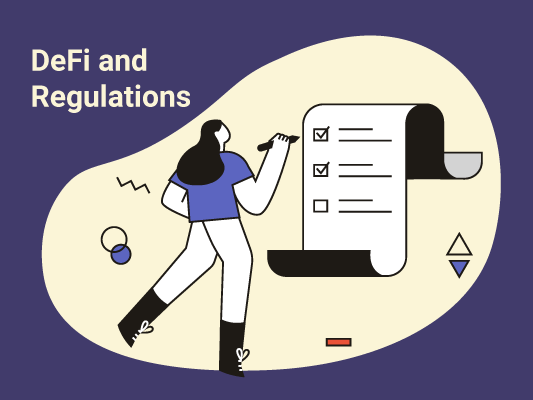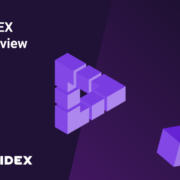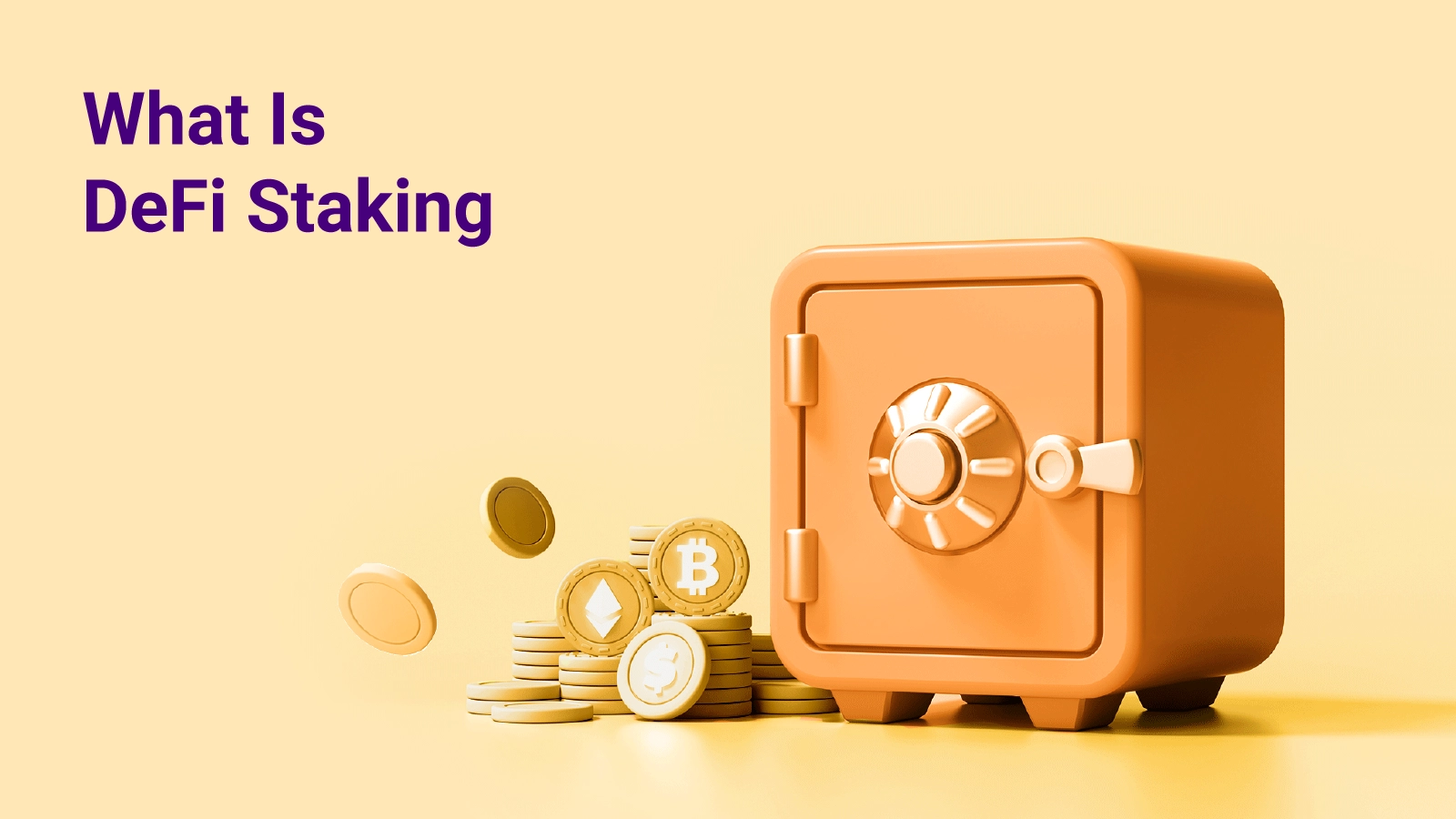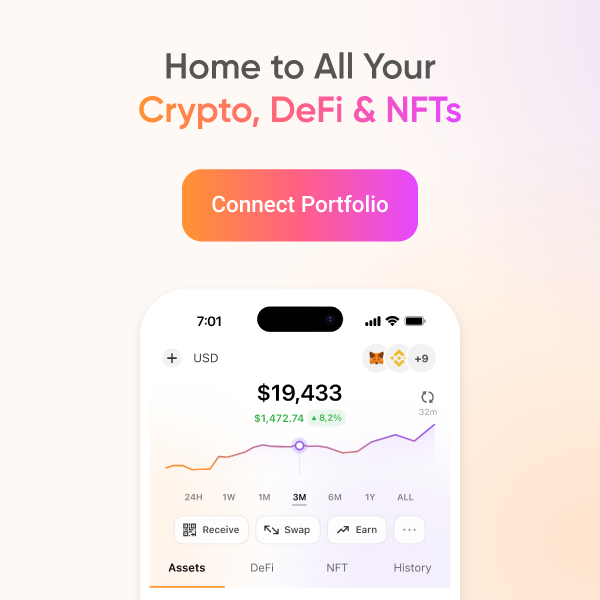
DeFi and Regulations
Decentralized finance (DeFi) is a blockchain-based alternative finance system focused on providing decentralized financial services created by developers that anyone can take advantage of and access from anywhere in the world. These are non-custodial financial services that differ from centralized alternatives, as they are run by groups of individuals through decentralized organizations and give users greater control over their funds.
With decentralized finance taking over the financial industry, here’s a comprehensive look at DeFi regulations, the risks involved, and its future in finance.
Overview
Decentralized finance, otherwise known as DeFi, is a rapidly expanding financial system that functions independently of centralized or traditional intermediaries. DeFi constructs an autonomous system that eliminates the need for conventional financial institutions and banks, although several risks are involved.
Most DeFi protocols are built on top of networks like Ethereum or Binance Smart Chain and use self-executing agreements written into lines of code called smart contracts. Decentralized finance facilitates multiple financial operations like insurance, investing, lending, borrowing, etc., effectively and straightforwardly.
How DeFi Works
DeFi revolves around decentralized applications, otherwise known as dApps, which execute financial operations on distributed ledgers known as blockchains.
Transactions are made directly between investors through cryptocurrencies, DeFi protocols, and smart contracts in place of centralized mediators like cryptocurrency exchanges or a conventional assets exchange.
Smart Contracts
A smart contract displaces financial institutions in a transaction, running on open-source software that has been built and managed by a society of developers. A smart contract cannot be altered and will always run as programmed, with transactional protocols automatically executed based on predetermined conditions.
DeFi Protocol
So, what is DeFi protocol? We can summarize DeFi protocols as self-determining programs aiming to democratize finance and replace traditional centralized institutions such as banks, brokerages, and NBFCs (Non-Banking Financial Companies). A DeFi protocol uses computer code called smart contracts that run on the blockchain network. The source code of most of the DeFi projects is available for anyone in the world to view, audit the source code, and see all the transactions. Blockchain data is immutable, creating a trustless financial system that relies on code. One such example is a Decentralized Exchange (DEX).
DeFi applications (dApps) provide global permissionless access, mitigate counterparty risk, and interoperate with other applications to enable more advanced financial products. To start using DeFi services, i.e., trade using a decentralized exchange (DEX), provide liquidity and earn fees, or lend funds using a lending protocol, you must select an application and a wallet.
DApps are generally accessed through an application or browser extension. CoinStats, for example, allows users to connect to different protocols, track cryptocurrency prices, and directly manage digital assets, i.e., Bitcoin, Ethereum, and other altcoins, via a digital wallet. The CoinStats Wallet also enables trade between several exchange accounts and wallets, acting as a door to DeFi and facilitating the buying, selling, loaning, borrowing, or swapping of cryptocurrencies for their equivalent trading pair, i.e., you can trade Bitcoin for its equivalent in Ethereum.
Risks Involved
In the past few years, DeFi has gained immense popularity and managed to bring a sweeping change in the finance and banking industry. However, investors still have to consider substantial risks before trusting their assets to it. Risks can be categorized into asset, technological and legal, or compliance risks. Let’s look into each of them.
Asset
With the crypto market being extremely volatile, inconsistent, and speculative, an unexpected change in market opinions can cause a decline in an asset’s collateral value and result in associated liquidity risks. It can also fuel broader sell-offs leading to instability and uncertainty, which can plummet token values.
In 2018, for example, Bitcoin suffered its worst loss, with its value dropping by more than 80%, approaching the worst bear market it had ever seen before recovering. External factors like social media strongly influence the way the crypto market performs. For instance, Bitcoin value dropped substantially after a tweet by Elon Musk, crypto lover and Tesla CEO, gave rise to the common interpretation about Tesla regulating its Bitcoin holdings.
Even experienced investors are not immune to volatility and inherent risks. Some investors seek to minimize risks by using stablecoins, where the price is designed to be pegged to an asset (usually fiat currency). As the name suggests, Stablecoins are designed to be stable, thanks to underlying assets like the U.S. dollar and its equivalents collateralizing it.
Technological
There are also technological risks associated with DeFi. Powering nine of the largest DeFi projects, the public Ethereum Blockchain foundation is far from foolproof, as escalating adoptions from customers have increased network congestion, bugs, and attacks. For example, network congestion caused a notable DeFi app to malfunction in 2020, causing cryptocurrency worth over $8.32 million to be auctioned off for next to nothing.
Liquidation problems, failed transactions, and high transaction fees are other issues encountered in the DeFi apps. Defi platforms – like other financial services – face critical security threats and scalability issues. Individual investors run the risk of considerable losses if minute instabilities like an interruption in data security occur due to the large scale of transactions. However, since the decentralized autonomous organization (DAO) famous hack of 2016, when hackers stole Ether worth $50 Million, the security of smart contracts has seen a considerable improvement. Also, insurance brokers are getting involved in DeFi transactions by providing investors with insurance against losses due to malfunctioning software or hacks.
Compliance/Legal
Certain independent entities, which provide DeFi services, operate outside of traditional financial regulations. Many of these services are software programs that authorize transactions, thereby replacing the intermediary role of traditional banks.
DeFi platforms might face potentially vast and confusing compliance and legal obligations, and their operations can implicate such considerations as anti-money laundering, consumer rights protection, etc. Extensive regulatory clarity in DeFi has been invoked by experts, investors, and regulators to address these issues.
DeFi Regulations
The unique nature of DeFi makes it extraordinarily hard to regulate as regulators face such complex questions as to how, who, where, and what to regulate. Another problem is that misguided or premature regulation could muzzle the growth and innovation in DeFi.
DeFi challenges the concept of financial regulations by replacing traditional financial intermediaries with autonomous and programmable smart contracts. A possible solution to tackling the regulatory challenges of DeFi could be leveraging the existing model while searching for new frameworks per the unique nature of DeFi. Considering the extensive number of regulators that oversee several financial services, creating a sturdy regulatory framework for DeFi will most likely involve substantial coordination amongst regulators.
SEC
While several DeFi activities, such as lending or borrowing, are similar to banking, other aspects could put them within SEC jurisdiction. DApp developers should consider the SEC approach to decentralization and avoid scrutiny as the SEC is said to be looking carefully into DeFi projects.
CFTC
DeFi projects have also drawn the attention of the CFTC, and some of them are within the regulatory purview of the CFTC. However, the jurisdiction CFTC has over digital assets is not as extensive as that of the SEC over securities.
Final Thoughts
The DeFi sector is exploding with innovation and gaining immense popularity, thereby raising several regulatory and security questions. Firstly, it’s important to determine whether a DeFi application has been audited before using it. Users also need to ask other questions before interacting with a protocol or investing in its governance token. Investors should consider compliance, asset-specific, and technological risks before investing in a DeFi project or using the DeFi network.






